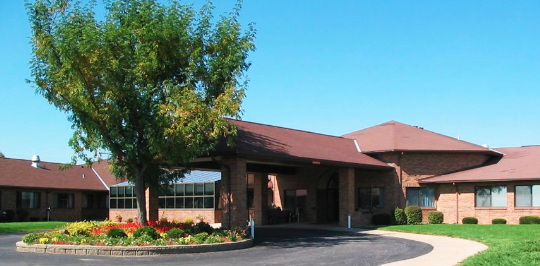So you woke up at bit early today, now you are trying to figure out how you can get Mom to her 3:30pm doctor’s appointment and see your son’s school baseball game at 4:00pm. Life today is active, especially for women ages 45 to 56 who care for both their parents and children. The label given to the 45 to 56-year-olds is the “sandwich generation.” We are here to offer caregiver support.
Life can shift dramatically when providing care for a loved one. Instead of you and your interactions in the community, your focus shifts to the person needing care, their needs, and their emotional support. It’s almost impossible to understand the impact on your life until a person goes through caregiving. At the same time, people state they would be there for their loved one.
The stress for this care and the juggling of all of the tasks on your plate may cause sleepless nights and tasks to fall through the cracks. Of course, it is important to try to take care of yourself physically and mentally while caregiving. Another helpful tool is to keep a journal. Keep information on status, progress, or decline of your loved one, your “to do” list, and your feelings. Your journal will be useful in providing more accurate information to your loved one’s medical team. You can better define dates of events, rather than days and events running together.
So, to best journal, take time a couple of times daily (especially mornings and evenings) to observe and record behaviors. Use all of your senses to make these observations. Use your eyes for daily activities like eating, drinking, breathing, skin breakdown, mobility, body functions, and posture.
Use your ears to listen to coughing, raspy breathing, crying, and what is said. Use your nose for your loved one’s breath and body odors. Use your touch for skin temperature, sweating, and dryness.
When documenting what your loved one says in your journal, record the words actually said. It is helpful to use quotations. Your loved one may state that they “are content with their life, their faith, and not afraid to die.” This is far different than “mom wants to die.”
Keep in touch with another family member or members on a daily basis. This five-minute conversation may be in person or by phone and should include details of what was observed. This will help you relieve stress, provide another method to reprocess that day, and get input from another person.
We have a “Caregiver Daily Log” form that we would be happy to email or send to you. Caregivers find this form very helpful in following and recording their loved one’s progress. For a copy of this form, call 309-285-8088 or email us at [email protected].
A Caregiver Process for Loved Ones
Peace of Mind
Love & Compassion
ARTICLES SUBJECTS
OUR FACILITIES
Lacon Rehab and Nursing
St. Joseph’s Home of Lacon is a skilled nursing facility located just north of Peoria, IL.
St Augustine Manor
St. Augustine Manor is a not-for-profit independent living community for seniors 55 years of age and older.
Snyder Village
Founded in 1988, Snyder Village's mission is to provide for the physical, emotional, and spiritual needs of persons requiring assistance…





